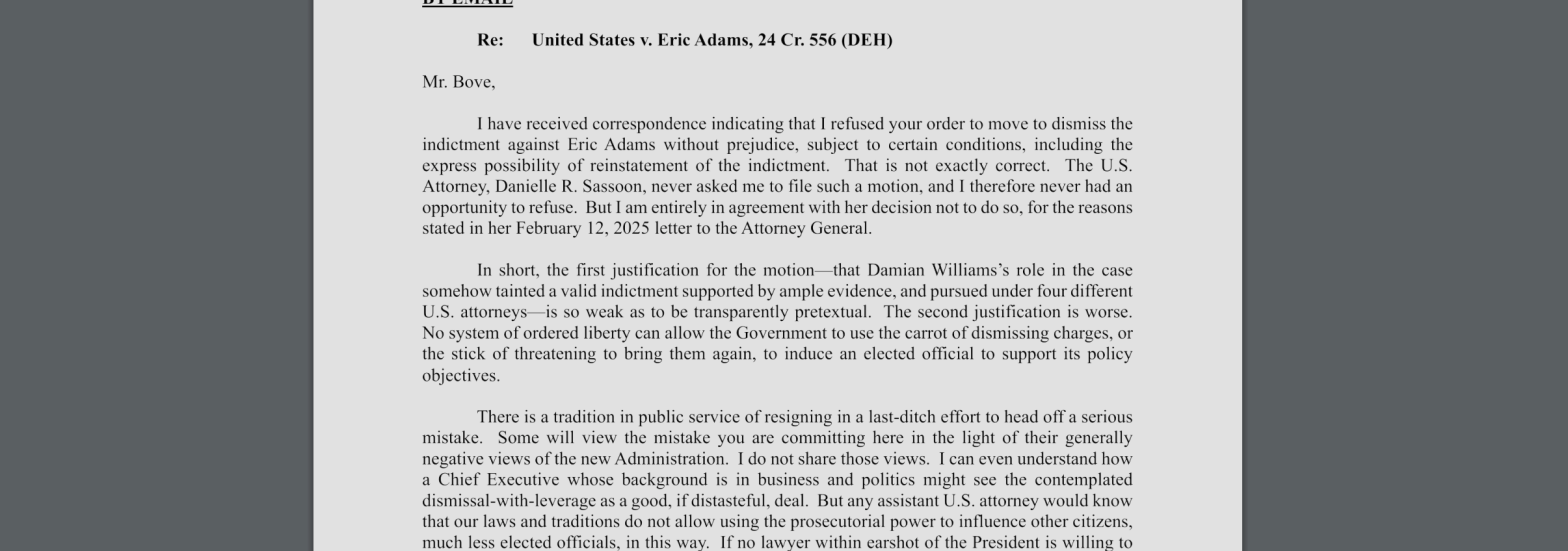In an era of increasing political polarization, policies enacted under the guise of change are having a tangible impact on marginalized communities and access to crucial healthcare. This article delves into recent governmental actions that signal a concerning trend: the erasure of LGBTQ+ identities and potential threats to mental health care access. It’s a call to action, urging readers to recognize these developments and engage in activism to protect vulnerable populations.
We will explore the implications of removing the ‘+’ from LGBT+ designations, the appointment of figures with controversial views to key health positions, and proposed assessments on the ‘threat’ of antidepressants and mood stabilizers. These actions collectively paint a picture that demands scrutiny and resistance.
This article aims to inform and empower readers to take action. From contacting elected officials to supporting organizations that advocate for LGBTQ+ rights and mental health care, individual and collective efforts can make a difference.
The Erasure of the ‘+’ in LGBTQ+
The recent move to remove the ‘+’ from the LGBT+ designation is more than a symbolic gesture; it’s a form of erasure that directly impacts individuals who identify within the broader spectrum of sexual and gender identities. The author identifies as an asexual cis white male, previously represented by the ‘A’ or the ‘+’, now finds himself unacknowledged by governmental representation. This action is a clear indication of how policies can overlook and invalidate the existence of already marginalized groups. The author writes:
And in so doing, they erased me.
This erasure sends a message that certain identities are not valued or recognized, which can have profound psychological effects on those individuals. It’s crucial to understand the implications of such actions and to advocate for inclusive policies that recognize and respect the diversity of human experiences.
For members of Health Talk, understanding that this is happening on a national level should spur us all on to take action to make sure that we stay visible and fight for those who cannot fight for themselves.
The Appointment of Robert F. Kennedy Jr. and Health Policy Concerns
The appointment of Robert F. Kennedy Jr. to a key position in the Department of Health and Human Services raises significant concerns, particularly given his controversial views on vaccines and public health. His confirmation, coupled with an executive order outlining targeted priorities, signals a potentially harmful shift in health policy. The author highlights:
Trump wrote an executive order giving RFK a list of targeted priorities.
Kennedy’s past actions, such as spreading misinformation about vaccines, have had tangible consequences, including contributing to measles outbreaks. His new role gives him the power to influence health policies on a national scale, potentially jeopardizing public health. Health Talk members must stay informed and advocate for evidence-based health policies that prioritize the well-being of all individuals.
The ‘Threat’ of Antidepressants and Mood Stabilizers
One of the most alarming aspects of the executive order is the assessment of the ‘threat’ posed by SSRIs, antipsychotics, mood stabilizers, stimulants, and weight-loss drugs. This language is deeply concerning, as it stigmatizes mental health medications and could lead to restricted access for those who rely on them. The author, who identifies as Bipolar 1, shares:
They’re coming after the meds that make me able to participate in society.
This assessment could have far-reaching implications, affecting millions of Americans who depend on these medications to manage their mental health. It is essential to challenge this stigmatization and advocate for policies that support access to mental health care. We all need to stand up for the rights of those with mental illnesses and make sure their treatment is not taken away from them.
Taking Action: A Call to Resistance
In the face of these concerning developments, the author urges readers to take action. This includes contacting elected officials, organizing, and demanding that the Democratic Party unite against what they describe as a ‘fascist takeover’. The author emphasizes the urgency of the situation:
Because this, right now, right here, is the easiest it’s going to get.
Engaging in political activism, supporting organizations that advocate for LGBTQ+ rights and mental health care, and raising awareness within your community are all crucial steps. Collective action can create meaningful change and protect the rights and well-being of vulnerable populations.
Contact Your Representatives
The author provides contact information for key elected officials, encouraging readers to make their voices heard. This includes senators and representatives at both the state and federal levels. Contacting these officials is a direct way to express concerns and demand action.
SENATE SWITCHBOARD: (202) 224–3121
DIRECT NEW YORK SENATOR NUMBERS:
- Senator Schumer (Washington Office): (202) 224–6542
- Senator Schumer (Albany Office): (518) 431–4070
- Senator Gillibrand (Washington Office): (202) 224–4451
- Senator Gillibrand (Albany Office): (518) 431–0120
NY-21 REPRESENTATIVE NUMBER:
- Representative Stefanik (Washington Office): (202) 225–4611
Conclusion: The Path Forward
The recent developments discussed in this article highlight the urgent need for vigilance and action. The erasure of LGBTQ+ identities and potential threats to mental health care access demand our immediate attention. The time for complacency is over; we must actively resist policies that harm vulnerable populations and advocate for a more just and equitable society.
By staying informed, engaging in political activism, and supporting organizations that champion these causes, we can make a difference. The fight for LGBTQ+ rights and access to mental health care is far from over, and our collective efforts will determine the future.
Let us stand together, united in our commitment to protect the rights and well-being of all individuals. The path forward requires courage, determination, and a unwavering belief in the power of collective action. This far. No farther.
